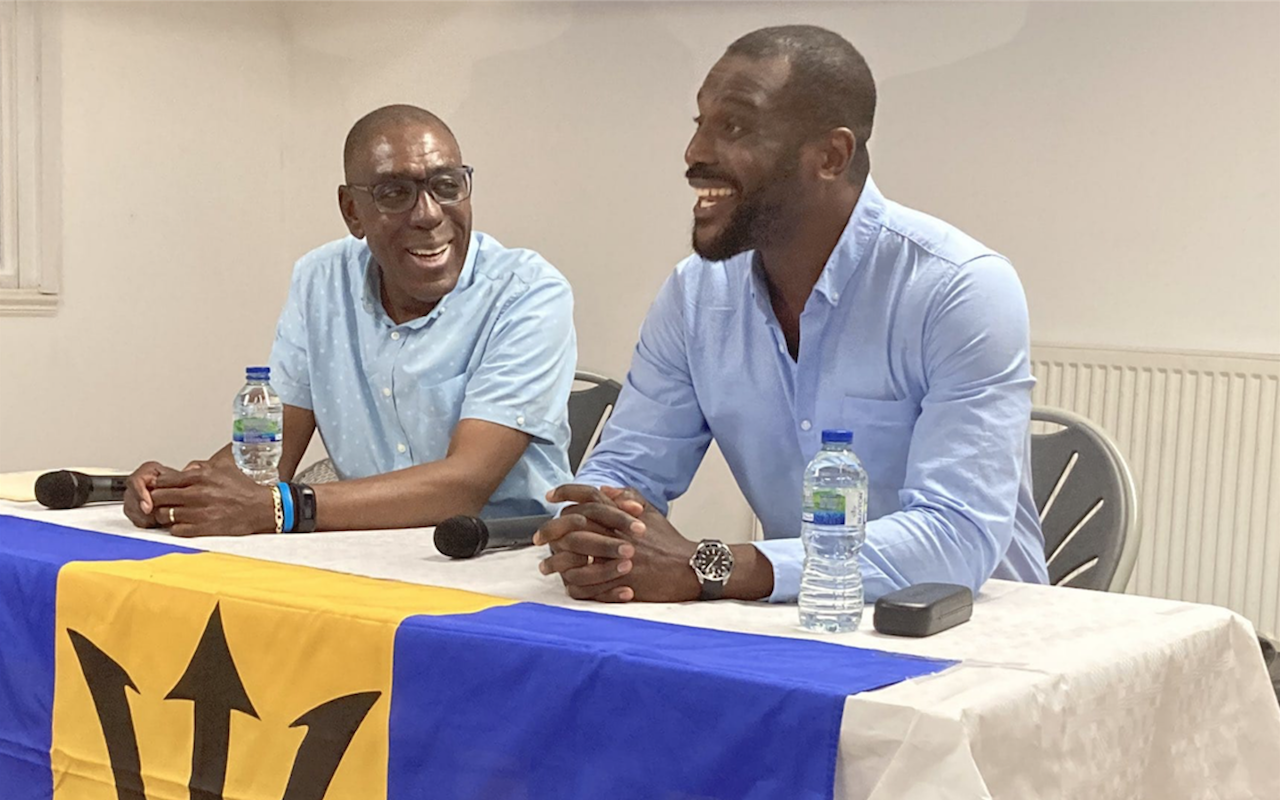Democratic Labour Party (DLP) president Dr Ronnie Yearwood believes this country’s broken systems of social welfare and education are indirectly fuelling generational poverty and filling the prison.
He provided that assessment while fielding questions about his vision for Barbados over the next five years, while at the party’s United Kingdom branch.
Referencing the DLP’s election proposal for implementing a universal basic income, he criticised what he considers a system of “handout politics”.
“I would like to see our welfare system reformed. I would like to see, for example, there being clear chances to move people from where they are to another place,” Dr Yearwood declared.
“That is one of the things we were looking at and discussing because our current welfare system is not working.”
According to the DLP president, the existing system fosters a “dependent kind of politics” between politicians and their constituents.
“So, nobody should be going to a politician to ask for gas or to have their light bill paid or to buy their stuff. There is an indignity in that and that needs to stop, because the systems should be able to provide when you do not have enough to meet your needs,” Dr Yearwood contended.
“You should not be beholden to an individual for what you need to sustain yourself when you have an entire country that prides itself in having a healthy welfare and social support system.”
The universal basic income, better known as a UBI, is a government-sponsored income programme that pays all citizens a specific amount from tax revenues.
Dr Yearwood argued that such a programme would not be “giving away free money” or “encouraging laziness” as it could mean the difference between vulnerable families staying above the poverty line and finding themselves on the wrong side of the law.
“So, you have to decide as a country where your priorities are. Are you going to lock up people or are you going to provide opportunities for them? I know what kind of country I want to be in. I want to be in the one that provides opportunities and where jail or incarceration will be a last resort because that is not where we want to be,” said Dr Yearwood.
“So we will invest in our people, in education, and in ensuring that they have opportunities to make the best of themselves.” (TD)





